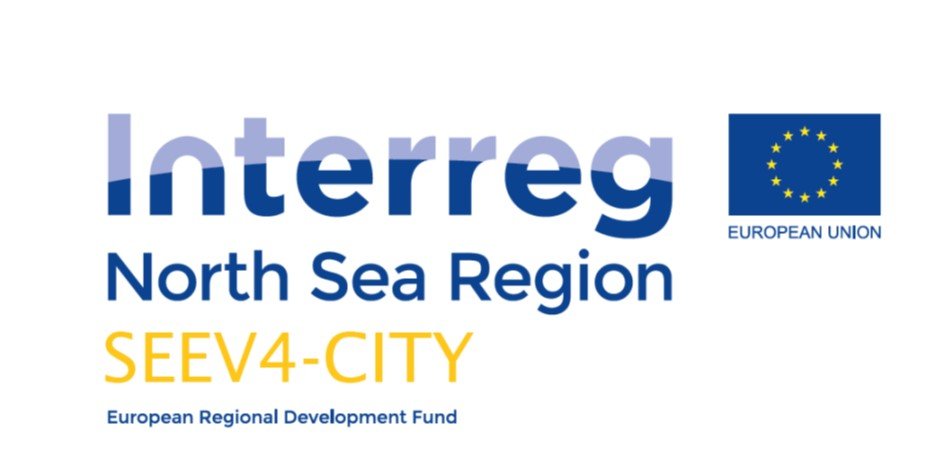How electric vehicles can support the clean energy transition in cities

Europe is committed to reduce the carbon footprint in both energy and transportation. It is at the forefront of adopting electric vehicles and renewable energy sources. However, an increase in the number of EVs and renewable energy production creates challenges: The renewable energy supply does not match the electricity demand of the EVs.
Due to this mismatch, electric vehicles are not always charged with renewable energy. Moreover, this leads to undesirable effects on the electricity grid.
The six operational pilots in Amsterdam (NL), Loughborough and Leicester (UK), Oslo (N) and Kortrijk (BE) are exploring tailor-made solutions and new technologies to structure the system, and are representative of diverse local contexts in Europe.
They have different operational environments:
- A single household with solar energy, storage and an electric vehicle
- Buildings with multiple electric vehicles and larger renewables
- A large ‘powerparking’ or a soccer stadium acting as "energy hub"
- Large scale smart charging in public charging solutions in the city
and levels of smart charging or V2G integration:
- Vehicle-to-home (V2H)
- Vehicle-to-business (V2B)
- Vehicle-to-street / neighbourhood (V2N)
- Vehicle-to-city (V2C)
For more information on the report and to download it click here.
The six operational pilots are co-funded by the Interreg North Sea Region's SEEV4-City project: www.seev4-city.eu
NorthSeaRegion project website: http://www.northsearegion.eu/seev4-city/

